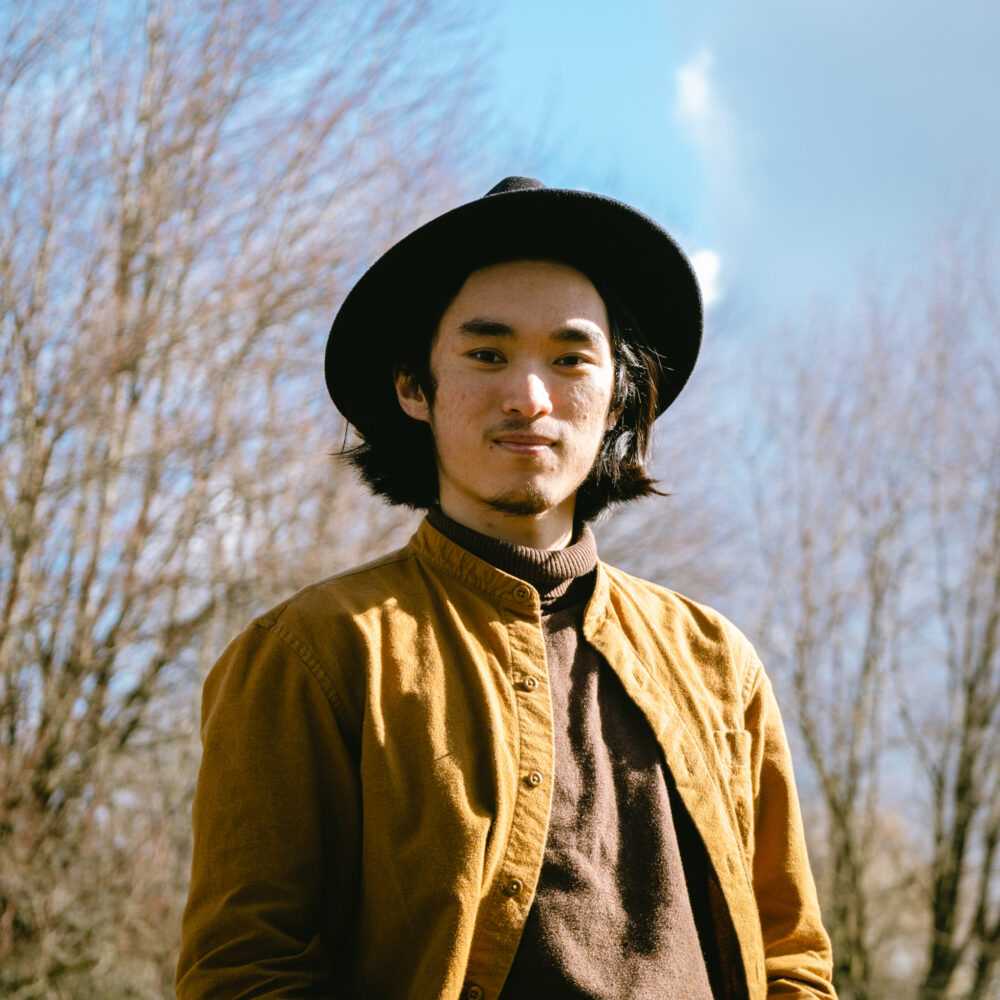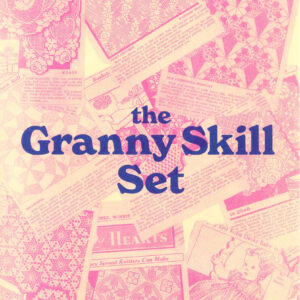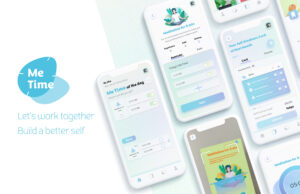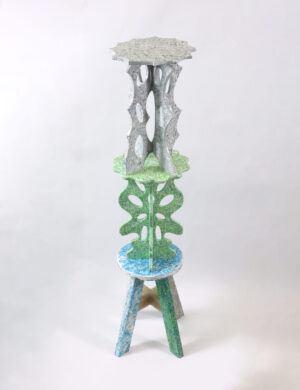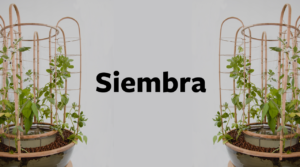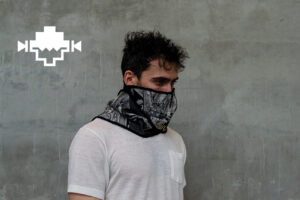- #Accessibility
- #Analog
- #Card game
- #Comfort
- #Community
- #Conceptual
- #Connection
- #Critical Design
- #Culture
- #Decolonization
- #Education
- #Emotion
- #Environment
- #Event
- #Game
- #Healing
- #Home
- #Identity
- #Immigrants
- #Industrial Design
- #Interactive
- #Language
- #Mixed Media
- #Multidisciplinary
- #Narrative
- #Object
- #Performance
- #Personal
- #Political
- #Practice-based
- #Product Design
- #Reflection
- #Relationships
- #Research
- #Safety
- #Self
- #Social
- #Speculative
- #Storytelling
- #Sustainability
- #Transition
- #Wellness
- #Wood
Food for Thought
Yutaan Kito Lin
See it On Campus: Level 2
Visitor InfoInstalled in the East side sculpture gallery of the Emily Carr campus.

( Welcome to my workshop! )
Food for Thought is an evolving workshop practice, intended to support different people’s community spaces.

This project is a community-building framework, a series of workshops built around the idea that mealtime is a social connector. I designed this series to socialise, converse, share, learn and to distract; to be with the people around me. This framework is my way of creating an environment to bring people together; to build community, and to take the time to foster good relationships in our daily living, working and play spaces so that these spaces can thrive.
This year-long thesis project is a manifestation of the values that blur the lines between my design work and my personality; I am a connector, facilitator and collaborator by nature. This is my practice.
This work was respectfully done on the unceded, unconquered and ancestral territories of the xwməθkwəy̓əm (Musqueam), Sḵwx̱wú7mesh Úxwumixw (Squamish) and səlil̓ilw̓ətaʔɬ (Tsleil-Waututh) Indigenous Nations.
( Project Goals )

Personal practice
Food for Thought, a workshop and facilitation methodology, is my year-long exploration of how to find and define a personal practice using design methods and thinking.

Iterate + Grow
The workshops are iterative and evolving – I developed my project through over 14 workshop iterations and 80+ participants – and it continues to grow.

Collaborate + celebrate
This work is about collaborating with my peers and my community – a way to celebrate the people I work with and to support the relationships we build together.

Make it tangible
My workshops use simple, tactile materials and activities to create a safe environment for people to be in; to make this space of community building easy and accessible for many different kinds of people.

Re-imagine systems
This project is an exploration of pluriversal, non-institutional and decolonial ways of learning and teaching, through using slow design methods and promoting grassroots relationship-building across borders.

Honour my origins
This project was directly inspired by my cultural and traditional origins, and honours the cultural practices from my own Chinese-Taiwanese-South African heritage.
( The Food for Thought experience )
I spent 8 months facilitating iterations of workshops, in order to form a personal practice. This is what arose from that work.
What happens in a workshop?
The workshops themselves can be described as many things: a storytelling practice, cultural exchanges, a crash course on clay sculpting, or just a place to relax and chat – a distraction from the business of everyday life. It is about bringing people together, in a way that creates a safe space for joy, vulnerable conversation, and relationship building.

A core theme of my workshops is sculpting simple objects out of clay, to help communicate and tell a story.
- Making with your hands unlocks a less cerebral and more tactile way of thinking through your personal experiences.
- The making process provides a relaxed and meditative space to converse and help bring people’s walls down.
- Recycled clay is a simple and accessible material with low skill boundaries and relatively low expectations. Plus, it’s fully reusable within Emily Carr’s ceramics closed ecosystem.
- This practice is inspired by my experiences of making dumplings with my grandmother as a child.

The workshops revolve around the stories and experiences we share with each other.
- This is a time to use the clay objects people have made to build conversations and stories – these stories often revolve around people’s cultures, family, traditional practices or even just fond memories.
- The crudeness of the clay sculpting affords moments of misinterpretation and humour to naturally arise in conversation.
- The space created is one often framed by vulnerability, where people learn about each other in different ways and connect across social borders.

An important moment in the workshops is when people reflect on the significance of spending time together.
- The space switches to a more introspective place, as participants reflect on how the bonding elements of the workshop shows up in their every day lives.
- Writing / drawing / mark-making can also afford a different way of reflecting inwardly.
- People create “tags” and their reflections are tied to their objects as a way of giving context to their experiences during the workshops.

Everyone’s stories add to a collective and living archive, that helps to visualise what community means to different people.
- This library of stories holds the collected knowledge and experience of my 80+ participants in the form of artifacts.
- These are markers of how people define community and culture.
- Not only do these symbolise the personal reflections of how people’s stories and memories, but also help me define the conditions of community within my own studio community.
( Other key aspects )
Creating a facilitation model
In creating my workshops, I had to develop a “model of good facilitation” for myself, to figure out how to host these workshop spaces well. This became a framework for building a facilitation style that was adaptable and welcoming, to make the workshops feel safe and inclusive.
Making + fabrication
A major part of my workshops were the props and tools I built to facilitate them. This was an opportunity for me to fabricate beautiful objects for these interactions – I was inspired by tabletop games and different food serving vessels from different cultures.
Identity
Identity and culture have been prominent themes that keep coming up in my workshop iterations. The work itself was inspired by my own exploration of identity as an immigrant living in Canada for the last 3 years – the workshops continue to invite personal reflections of identity, and have become a collection of statements about what culture means to different people.
Planning + organisation
A continuous and ongoing part of this work is the constant planning and organisation involved in bringing groups together to come to the workshop sessions. Through this work, I have become very adept at figuring out schedules, swinging people in and out of time slots and tracking multiple sessions at once.
Adaptability
The current format of my workshops was designed with my Emily Carr university peers in mind; this workshop was intended to directly support my studio culture. However, my workshop framework is a methodology that can be applied and translated in different scenarios and other contexts – this workshop can be used to support other spaces, like with project teams, business team-building, social spaces and other educational arenas.
( Process )
I have highlighted key aspects of my project process in these four “process booklets”. If you are interested in continuing to see how I researched, developed, organised and fabricated my workshop framework and pieces, click on each booklet cover to view the different aspects of my project:
( Gallery )










( Thanks for coming! )





